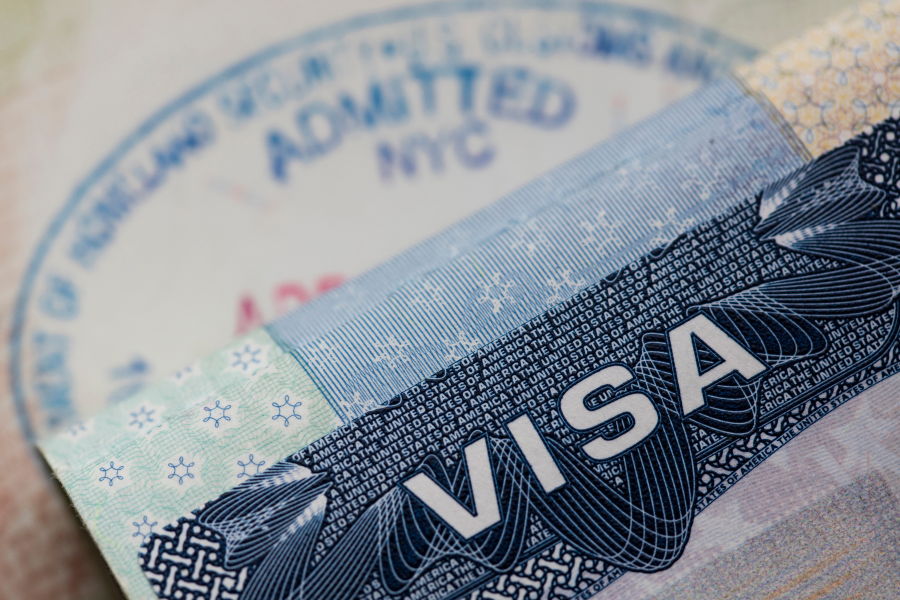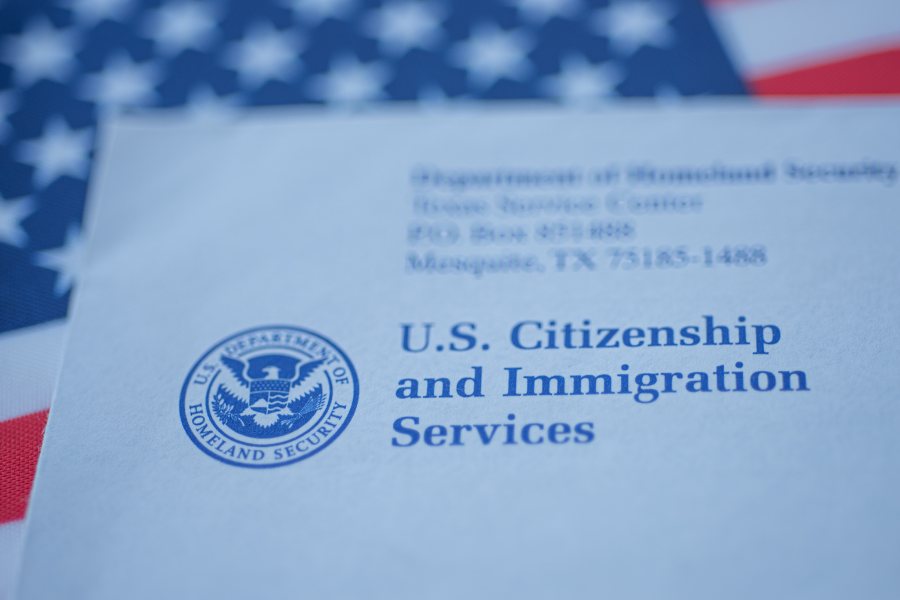There are significant immigration bills before the United States Senate for the first time since 2013. Back then, the so-called “Gang of Eight” U.S. Senators sought to pass Comprehensive Immigration Reform but that effort failed. Now, we see narrower attempts to address immigration law challenges – specifically, the unconscionable wait times for Indian natives – through the competing proposals of U.S. Senator Mike Lee and U.S. Senator Dick Durbin.
Senator Lee’s bill is the Fairness for High Skilled Immigrants Act of 2019 (“S-236”) and Senator Durbin’s bill is the Resolving Extended Limbo for Immigrant Employees and Families (RELIEF) Act (“S-2603”). The senators debated the bill live on the Senate floor on October 17, 2019 when Senator Durbin blocked the Senate passage of S-386.
Senator Lee’s bill and its U.S. House of Representatives companion bill (HR1044) deal with the more than half a million Indian natives waiting to immigrate through EB-1 to EB-3 classifications by eliminating the legal requirement that that no single nation can receive more than 7 percent of the total Green Cards issued each year. (This provision is often referred to as “per country limits.”) Because of the per country limits and caps in the overall number of visas, Indian visa applicants often must wait more than a decade to obtain permanent residency while an immigrant from a lower demand country like Germany may be immediately eligible. We covered HR 1044 at length earlier this year.
Senator Durbin’s bill addresses the visa backlog of Indian natives in the US immigration system by lifting the overall visa cap without eliminating the per country limits. His bill addresses the worry that S.386 will create significant visa retrogression for applicants from countries other than India. A concern held by many is that the large numbers of Indian natives in the immigration pipeline would consume nearly all of the available visas for many years in the EB-1 through EB-3 categories if there were no per country limits and status was granted purely by priority date. Conversely, many Indian EB-5 petitioners would be harmed by S.386 as visas would be allocated to Mainland China natives who are caught in their own decades-long backlogs.
On October 23, 2019, the American Immigration Lawyers Association (AILA) endorsed Senator Durbin’s Resolving Extended Limbo for Immigrant Employees and Families (RELIEF) Act (S. 2603) because it “proposes reforms to the immigration system that AILA has long been on the record of supporting, including exempting spouses and minor children of primary applicants from the immigrant visa quotas, increasing the number of green cards over the next five years, protecting minor children from aging out, and eliminating the per country caps.”
If the RELIEF Act becomes law, many applicants who expected to wait for years before immigrating will become eligible in much shorter time frames. We wholeheartedly endorse efforts to make our employment-based immigration system fully functional again. Contact us today for more information related to your family’s immigration.




